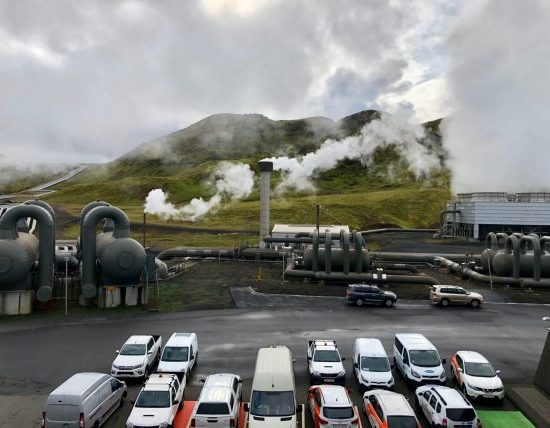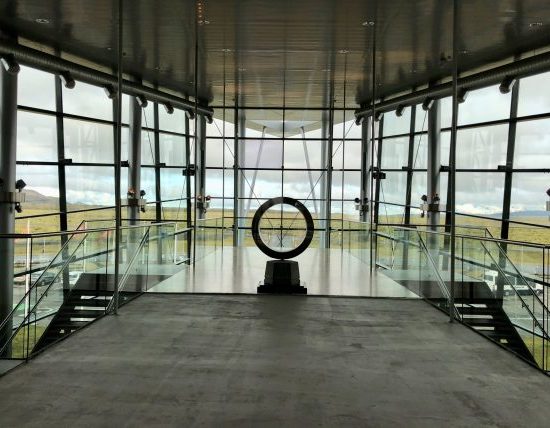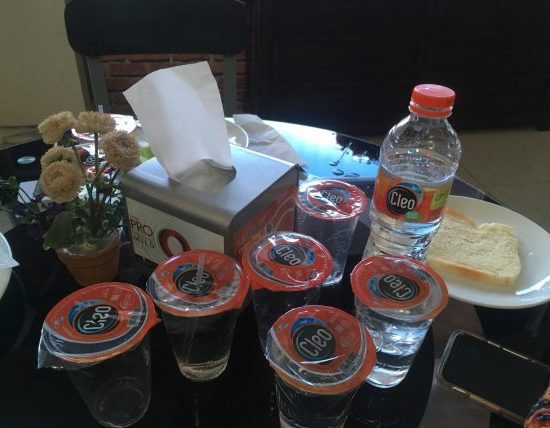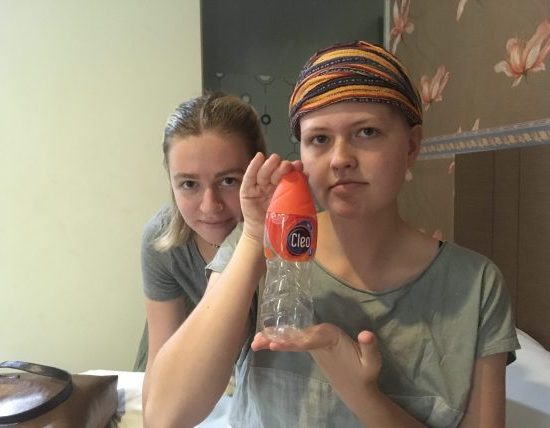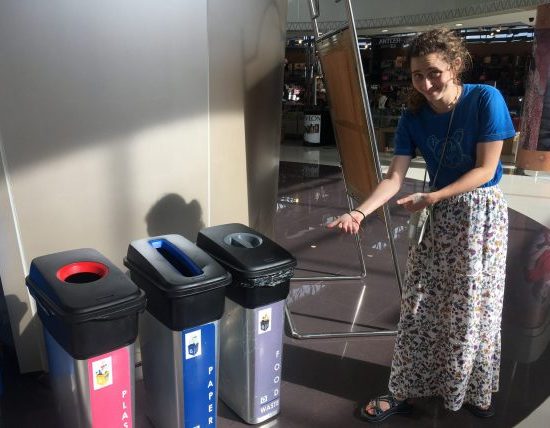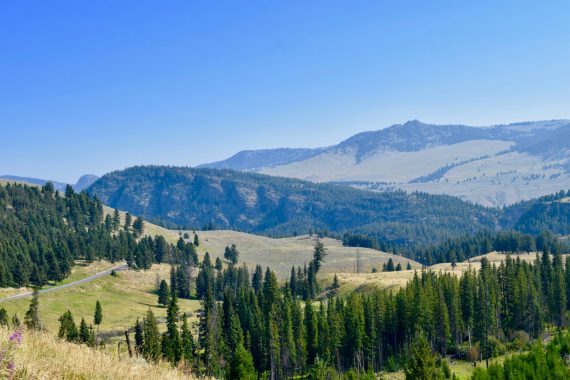
Week 5- Sustainability
Colgate has pledged to be carbon neutral by our bicentennial year (which just so happens to be this year). Colgate’s pledge is a part of a trend that we’re seeing increasingly more often across the country and around the globe in an effort to reduce the effects of climate change and protect the world that we live in. This week think about how climate change is affecting where you are staying. Are they already seeing effects from climate change or are they wary that it’s even occurring. Are they taking precautions and pledges, like Colgate, to mitigate and adapt to these changes. What are some of the outward signs that people are conscious of climate change (e.g. recycling, climate plans) If you haven’t thought about it yet, what do you think will be the biggest impact of climate change on your study abroad location?
Emily Weaver
My program to Iceland and Greenland was all about climate change; how it’s affecting these countries, how they’re being impacted, and what they’re doing about it. After learning for years about Colgate’s sustainability plans and how to US Government is (or isn’t) tackling climate change, I was incredibly interested in learning about what other countries are doing.
Iceland, arguably, is one of the countries that is planning the most for climate change. Situated on a tectonic boundary, Iceland has the ability to heat its water, homes, and buildings and provide electricity to the entire country using a network of geothermal power plants. Not only has Iceland managed this incredible feat, they have also taken this one step further.
Even though Iceland is using a sustainable, reusable energy source, there are still some carbon emission related to the geothermal process. To combat this, a program was launched in 2007 to combat the carbon emitted during the geothermal process, giving birth to the Carbfix method. The process of Carbfix is simple, capture carbon that is emitted and sequester it away in a form that is not harmful to the environment. Specifically, the team at the Hellisheiði Power Plant, the pilot location for the process, captures the carbon that the power plant emits. They then dissolve the carbon so that it is in solution. After doing so it is pumped into the ground, where the basaltic rock in Iceland (which is rich in iron and magnesium) bonds with carbon to create a carbonate mineral that will keep the carbon trapped in the ground and out of the atmosphere.
The Carbfix process has been incredibly successful making the Hellisheiði Power Plant the first carbon neutral power plant on the planet. Currently the Carbfix team is working to extend the reach of the project and apply it in other locations. Accomplishing carbon sequestration is an amazing first step in reducing the world’s carbon footprint.
Trey Spadone
Sustainability is a tricky subject in Bali and Indonesia as a whole. On one hand, there are a bunch of eco-friendly establishments that pride themselves on their sustainable practices. However, in areas that do not attract tourists, environmentally friendly practices are not the norm. Bu Ary, my academic director and an overall superstar, has cited education as one of the contributing factors. The importance of sustainability is not widely taught in schools or executed in Balinese daily life. I unfortunately do not know other specifics about environmental conservation as it pertains to Bali (those lectures are coming soon).
A sustainability struggle in Indonesia is the amount of plastic consumption. Since tap water is unsafe for drinking, plastic bottles are everywhere. Some are big, some are small, some are skinny, and some are wide, but they are almost always plastic. Furthermore, even though there are occasionally recycling bins available, the stuff that gets recycled usually ends up with the regular trash. While I do not feel great about using so much plastic, it is important to recognize that a core issue is the lack of access to clean drinking water. The ability to choose reusable water bottles over plastic ones is most definitely a privilege.


